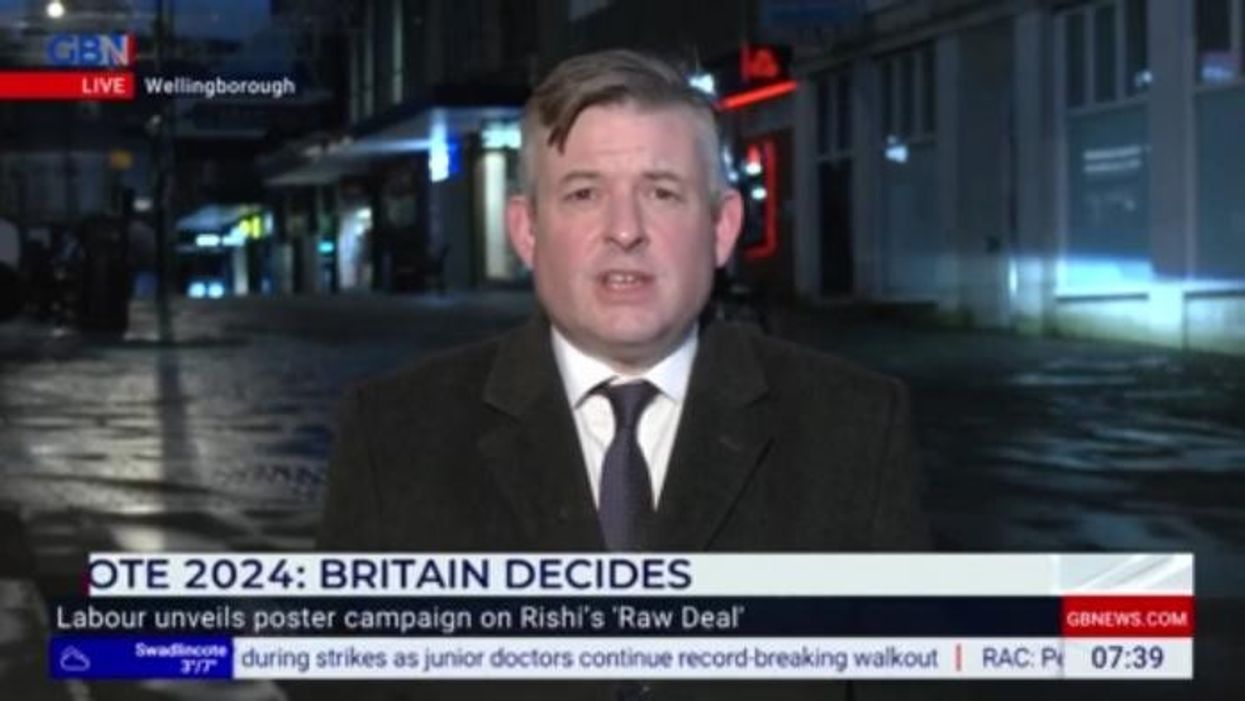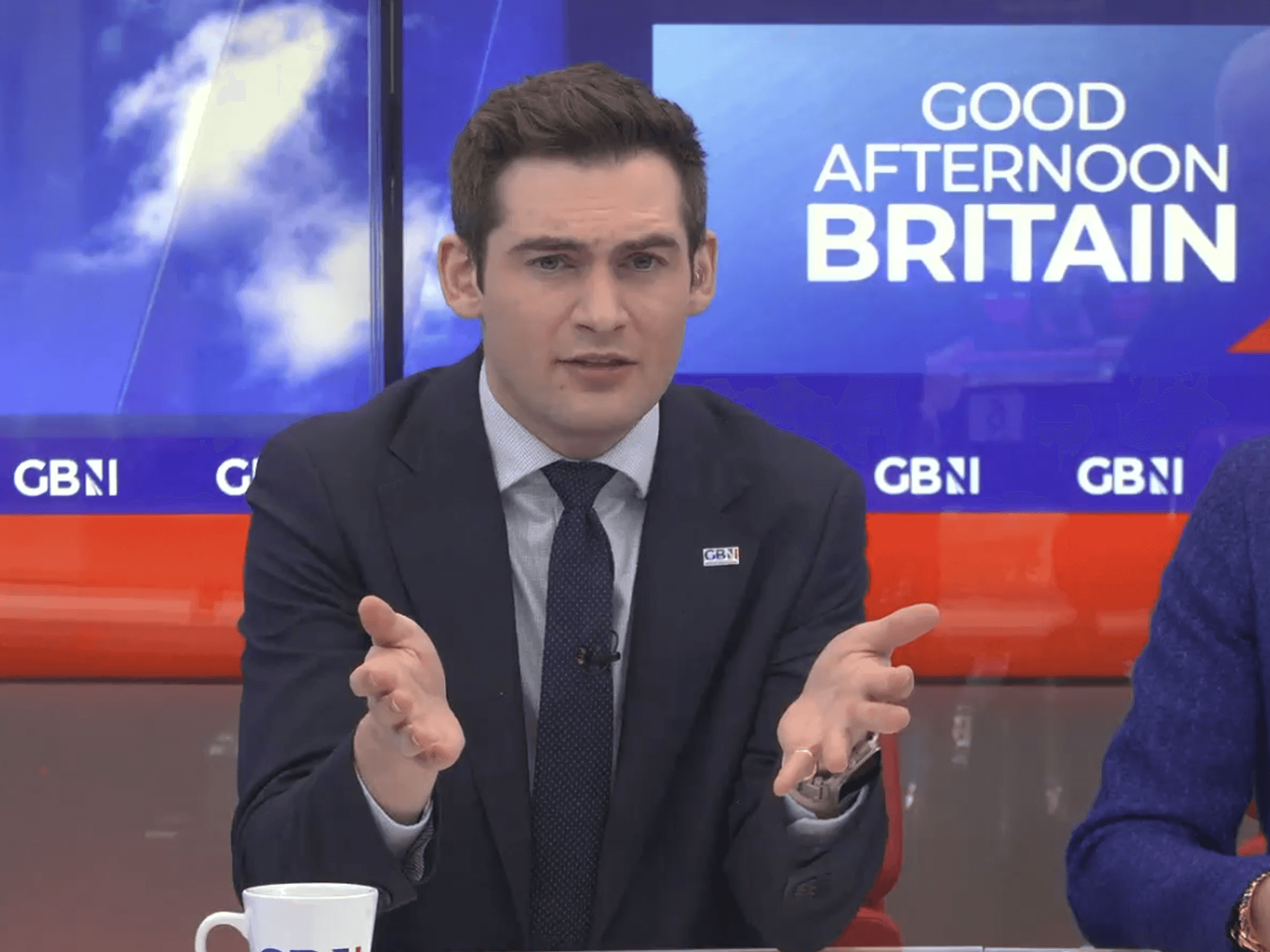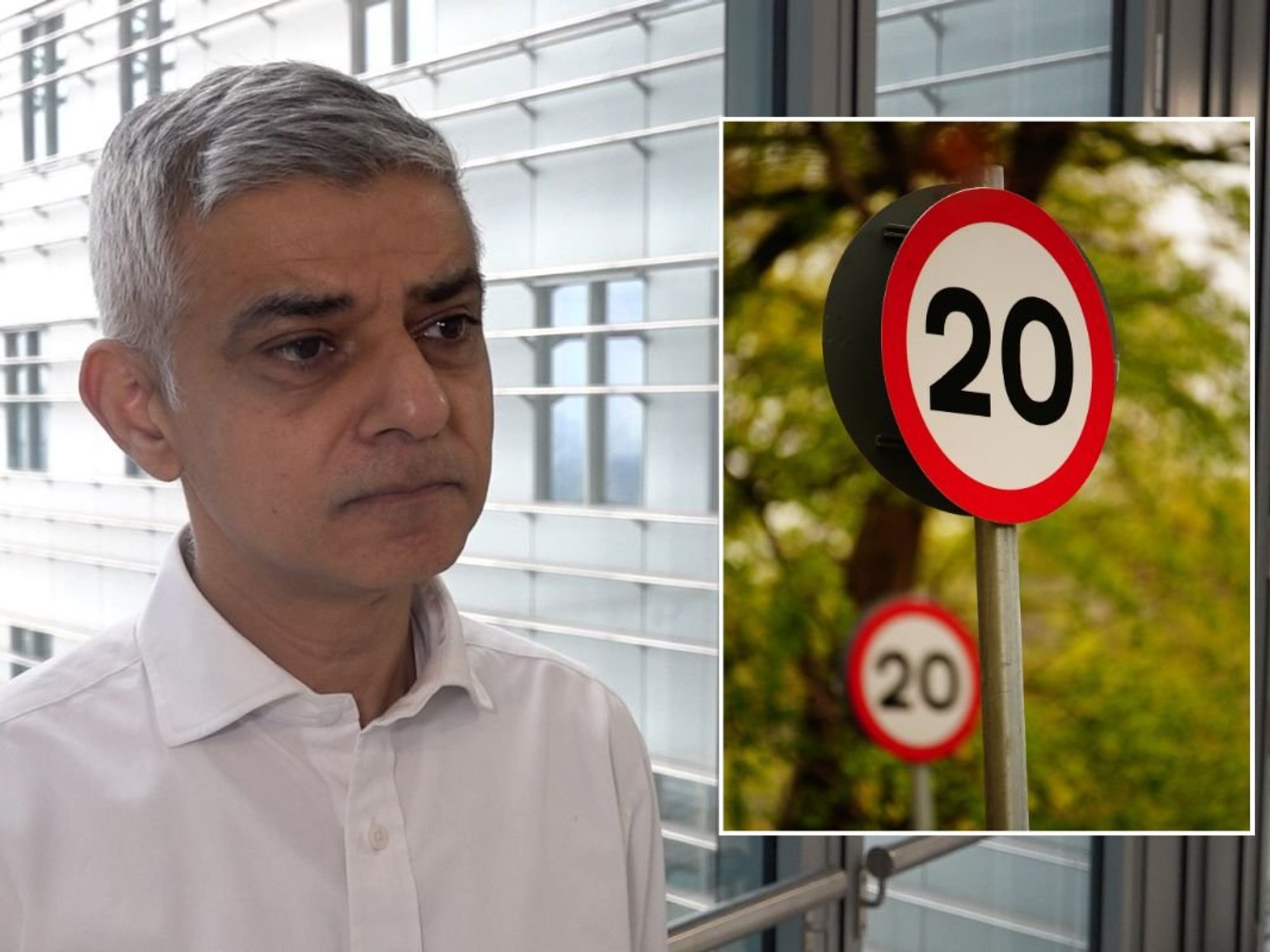‘Personal taxes will be higher’ for millions from April despite National Insurance cut as stealth tax bites

National Insurance has been cut but the Government’s pledge to freeze tax allowance thresholds mean many are unlikely to benefit
Don't Miss
Most Read
Britons are being warned that “overall personal taxes will be higher” in April despite recent changes to National Insurance.
Taxpayers are still likely to pay more this year despite this month’s cut to the National Insurance rate, according to the Institute of Fiscal Studies (IFS).
The rate of National Insurance for millions of employees was slashed from 12 per cent to 10 per cent over the weekend.
This has been cited by Prime Minister Rishi Sunak as the latest step in the Government’s plan to implement more tax cuts.
Do you have a money story you’d like to share? Get in touch by emailing money@gbnews.uk.

Fiscal drag is affecting how much people get back from tax cuts
|GETTY
However, experts are warning that the previously announced freeze to tax allowances mean many low-income earners are unlikely to feel the full benefit from this rate reduction.
Experts are sounding the alarm over fiscal drag as taxpayers are at risk of paying more despite the Government’s pledge to reduce the tax burden.
Fiscal drag is the term used to describe when tax thresholds are frozen while nominal rates remain the same at a time when wages rise.
As such, a household’s taxable income is more likely to increase as they are dragged into paying higher rates.
According to the IFS’s deputy director Helen Miller and economists Stuart Adam and Sam Ray-Chaudhuri, the impact of frozen allowances will be different depending on the income of each taxpayer.
For example, someone on an average full-time salary of £35,000 is set to earn £130 more from the National Insurance cut than what they will lose from the Chancellor’s allowance freeze.
The IFS researchers said: “Those with slightly higher earnings will gain a bit more than this, whereas taxpaying employees earning less than £29,000 will almost all lose out.
“For average earners, the National Insurance contributions cut will actually offset the impact on their incomes in 2024–25 of all the freezes in tax thresholds up to that point.
LATEST DEVELOPMENTS:
 Rishi Sunak has floated cutting benefits to pay for tax cuts | GETTY
Rishi Sunak has floated cutting benefits to pay for tax cuts | GETTY “But for both the highest- and lowest-earning taxpayers, the tax increase coming from freezing thresholds from 2021 to 2024 is much larger than the National Insurance contributions cut.”
Freezing tax allowances in April 2024 is greater than the annual cost of cutting the rate of National Insurance, the IFS reports.
According to Ms Miller, Mr Adam and Mr Ray-Chaudhuri, “overall personal taxes will be higher” in the 2024-25 tax year than if the National Insurance rate had remained unchanged and thresholds had not been frozen.
During his Autumn Statement, Chancellor Jeremy Hunt confirmed that allowance thresholds would remain at their current level until 2028.











